Industrial Market
Product Development for Efficiency, Durability, and Innovation
The industrial sector encompasses a wide range of industries from manufacturing and energy to healthcare and construction. Product development in this sector must meet the demands of highly complex systems and often challenging operational environments. Unlike the consumer sector, where aesthetics and user experience play a central role, industrial products must prioritise efficiency, durability, and performance. Whether you’re you’re developing any of the following, or something completely new, ZTPrototypes can help you.
Industrial IoT devices
Renewable energy devices
Test equipment and validation tools
Agricultural automation and monitoring devices
Navigation systems and sensors
Smart building devices
Site safety monitoring systems
Tracking and inventory management systems
Focus on Functionality and Reliability
In industrial product development, the primary goal is functionality. Industrial products need to operate in demanding environments, such as factories and construction sites where they must be able to withstand extreme conditions like heat, humidity, vibration, and dust. For this reason, product developers must have a deep understanding of the materials and engineering principles required to build products that are not only high-performing but also reliable over long periods.
A key aspect of product development in the industrial sector is ensuring that products can integrate seamlessly into existing systems and workflows. For example, a new piece of automation equipment must be compatible with a factory’s existing machinery and processes. This requires careful consideration of system architecture, interfaces, and ease of integration to avoid disrupting operations and minimise downtime.
Advancements in Automation and IoT
The industrial sector is undergoing a massive transformation with the introduction of smart technologies and automation. The rise of Industry 4.0—characterised by the integration of IoT, robotics, big data, and artificial intelligence (AI)—is revolutionizing the way industrial products are developed and used. Product developers must now create systems that not only perform their primary functions but also collect and share data, enabling better decision-making and more efficient operations.
For example, IoT-enabled devices can provide real-time monitoring of equipment, identifying potential failures before they happen and reducing the need for costly maintenance. Similarly, automated systems powered by AI can optimize production processes, reducing human error and increasing output. Robotics and automation are also playing a significant role in areas like material handling, welding, and assembly, further streamlining manufacturing operations and enhancing productivity.
The challenge for product developers in this space is to design systems that are smart, interconnected, and future-proof. As industries embrace digital transformation, the development of products that can adapt to evolving technologies and seamlessly integrate with other systems is crucial for long-term success.
Customisation and Flexibility
Another key aspect of industrial product development is customisation. Many industrial products are tailored to meet the unique needs of specific industries or operations. For example, machinery for the food and beverage sector must meet hygiene standards and be able to handle a wide variety of ingredients, while equipment used in other sectors must meet specifications for safety and performance.
This need for flexibility means that product developers must be able to create solutions that are both highly specialised and easily adaptable. Modular designs, configurable components, and flexible software systems are all strategies used to create products that can be customised to meet specific operational requirements.
The Role of Collaboration and Expertise
Given the complexity and technical nature of industrial product development, collaboration with experts in engineering, materials science, and manufacturing is essential. Product developers need to work closely with manufacturers to ensure that designs can be produced efficiently and cost-effectively. They also need to stay abreast of the latest technological advancements to ensure that the products they develop are innovative and can give their clients a competitive edge.
The industrial sector is moving towards smarter, more automated solutions that improve efficiency, reduce costs, and increase safety. As industries continue to evolve, the role of product development becomes increasingly crucial in helping businesses adapt to new technologies and meet the demands of a rapidly changing global marketplace.
In summary, industrial product development is about creating high-performance solutions that stand the test of time, increase operational efficiency, and help businesses innovate. Whether it’s through automation, IoT integration, or sustainable design, industrial product developers must navigate the unique challenges of this sector to deliver products that drive success.


